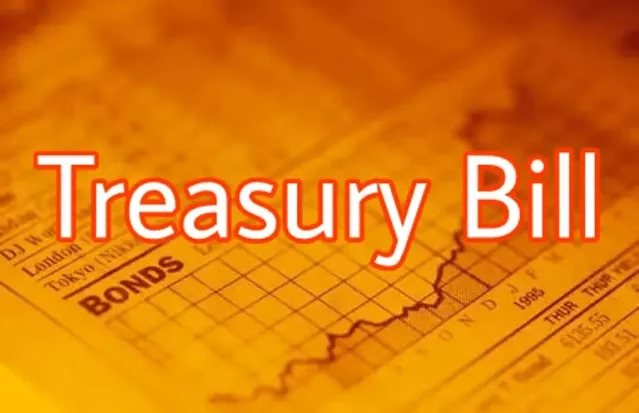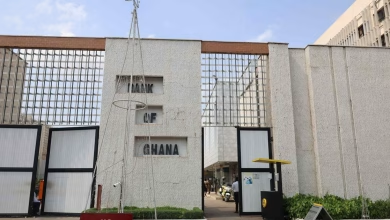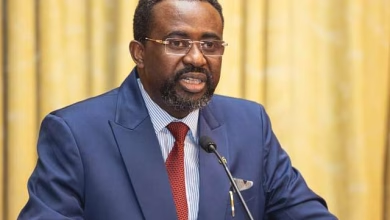GH¢2.69 Billion Shortfall in Treasury Bill Subscriptions

- GH¢1.69 billion in bids received, resulting in 61.46% undersubscription
- Interest rates on Treasury bills range between 15% and 18%
- Bank of Ghana raises policy rate to 28% to combat inflation
The government has once again failed to meet its Treasury bill target, falling short by GH¢2.69 billion for the third consecutive week. This occurred after rejecting GH¢2.37 billion in bids, likely due to a mismatch with its yield expectations.
Recent data from the Bank of Ghana (BoG) reveals that the government aimed to raise GH¢4.39 billion through short-term debt instruments but received only GH¢1.69 billion in bids, resulting in an undersubscription rate of 61.46%. For the 91-day Treasury bill, GH¢3.38 billion was tendered, with GH¢1.45 billion accepted. The 182-day bill had GH¢501.17 million tendered, but only GH¢81.09 million was accepted. Additionally, GH¢176.26 million was tendered for the 364-day bill, of which GH¢161.26 million was accepted.
Interest rates on Treasury bills remain between 15% and 18%. The 91-day yield dropped by six basis points to 15.65%, the 182-day bill fell by 23 basis points to 16.50%, and the 364-day bill decreased by two basis points to 18.83%.
This development follows the Bank of Ghana’s recent decision to increase the policy rate by 100 basis points, from 27% to 28%, in an effort to curb inflation.
While the government’s continued rejection of bids and attempts to manage yields may seem inconsistent with the Monetary Policy Committee’s aggressive stance, analysts view it as a strategy to stabilize short-term rates, support liquidity management, and reset Treasury bills as a benchmark for upcoming longer-term issuances.
However, the ongoing rejections could deplete cash buffers, potentially tightening fiscal space in the short term.
In the next auction, the Treasury plans to raise GH¢6.68 billion.






